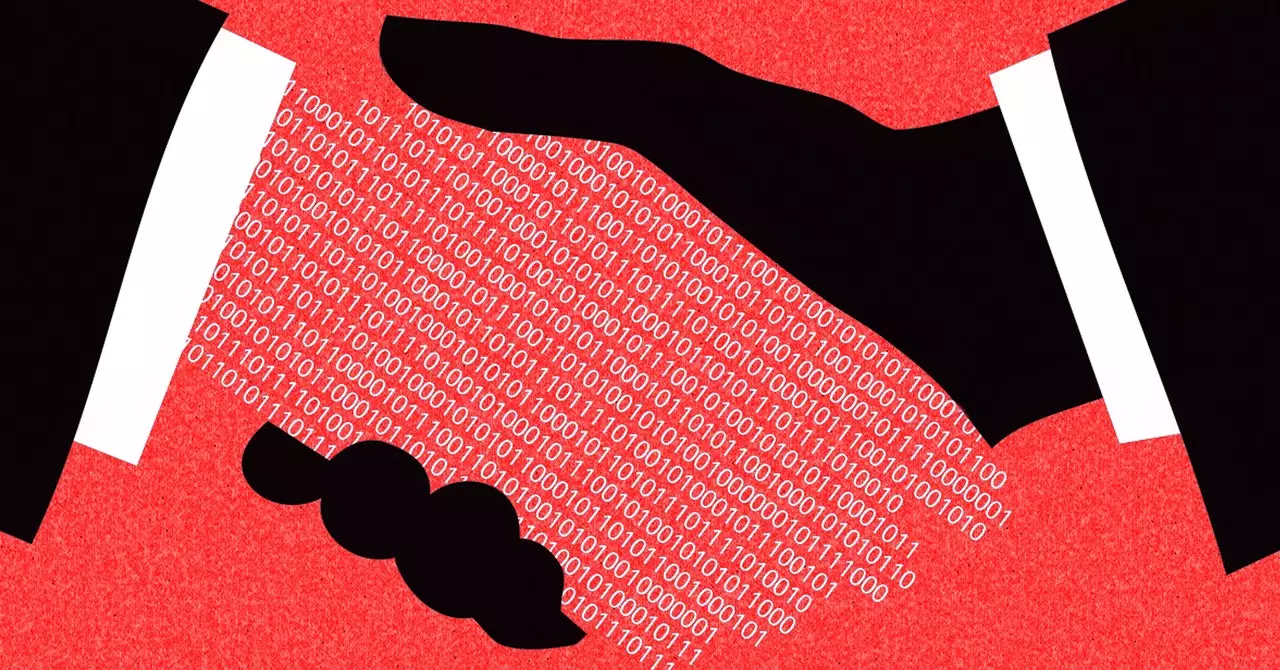In an age where artificial intelligence is reshaping numerous industries, the question of content rights has emerged as a significant concern, especially within platforms like YouTube. Historically, AI companies have leveraged YouTube’s vast repository of videos and other content without explicit permission from the creators, leading to ethical and legal dilemmas. However, a shift is on the horizon, spearheaded by startups such as Calliope Networks, which seeks to establish a structured approach to AI licensing. This article explores Calliope’s innovative model intended to give YouTube creators the power to license their content legally and effectively for AI training, thereby transforming the landscape of content sharing and utilization.
At the core of Calliope Networks’ approach is the “License to Scrape,” a program designed to facilitate AI companies’ access to YouTube content while granting creators control over their intellectual property. Calliope’s CEO, Dave Davis, emphasizes the rising demand from AI firms to utilize YouTube resources, acknowledging the necessity for a legal framework that supports this growing interest. The crux of Calliope’s model lies in assembling YouTube creators to negotiate a blanket license, effectively circumventing the challenges posed by negotiating with a colossal platform like YouTube. This cooperative strategy not only streamlines the licensing process but also empowers content creators to monetize their work in the evolving AI ecosystem.
Davis’s background in traditional media licensing positions him uniquely to navigate the complexities of this novel initiative. With experience from the Motion Picture Licensing Corporation, he perceives a pivotal shift in the AI industry towards proper licensing rather than the conventional permissionless scraping. As more AI startups sprout, the need for licensed content is poised to grow, creating a lucrative opportunity for content creators.
The mechanics of the “License to Scrape” program resemble established practices in the entertainment industry, drawing parallels with organizations like Broadcast Music Inc. (BMI) and the American Society of Composers, Authors, and Publishers (ASCAP). These entities utilize blanket licensing, allowing a collection of works to be licensed collectively rather than on an individual basis. This model provides a roadmap for Calliope, which plans to sublicense YouTube creators’ data for the training of generative AI models.
For the program to gain traction, Calliope recognizes the necessity of a significant volume of content, estimating that a threshold of 25,000 to 50,000 hours of YouTube footage is needed to draw the attention of major AI players. This requirement underscores the vital role collaboration plays for creators, as pooling their resources enhances their bargaining power and appeal within the AI data market.
Building Trust and Engagement with Creators
A crucial aspect of Calliope’s mission is to cultivate relationships with YouTube creators, ensuring they feel secure and incentivized to join the licensing initiative. Currently, the recruitment process is in its early stages, and while high-profile endorsements are anticipated, the company is proactively engaging with influencer marketing agencies like Viral Nation to broaden its reach.
Bianca Serafini, head of content licensing at Viral Nation, reports positive feedback from creators regarding Calliope’s proposal. With approximately 900 YouTubers in their client roster, the agency is optimistic about the potential for widespread participation. This early momentum could be a game-changer, as collective engagement could accelerate the establishment of a viable market for licensed content.
As AI technology continues to develop at a rapid pace, the imperative for ethical content use and licensing becomes increasingly clear. Calliope Networks stands at the forefront of this evolution, attempting to reshape how creators can safeguard their work while enabling AI firms to access valuable resources. The journey towards sustaining a balanced ecosystem between content creators and AI companies is fraught with challenges, yet initiatives like the “License to Scrape” signal a promising shift towards a future where both parties can benefit. Ultimately, this innovative licensing model could redefine not only the relationship between AI and content creators but also the broader landscape of digital content consumption. The successful implementation of this program could set a precedent for other platforms to follow, fostering a culture of respect for intellectual property in the AI realm.

